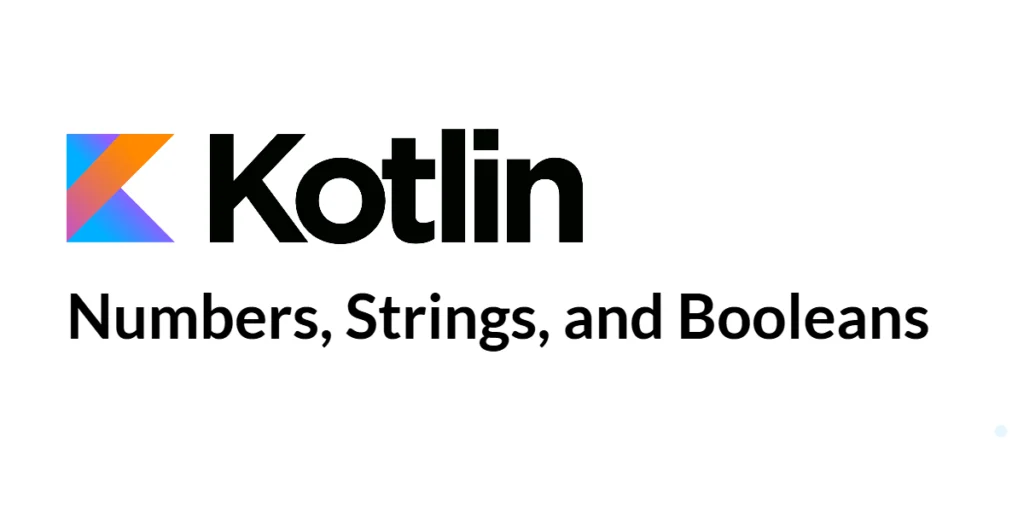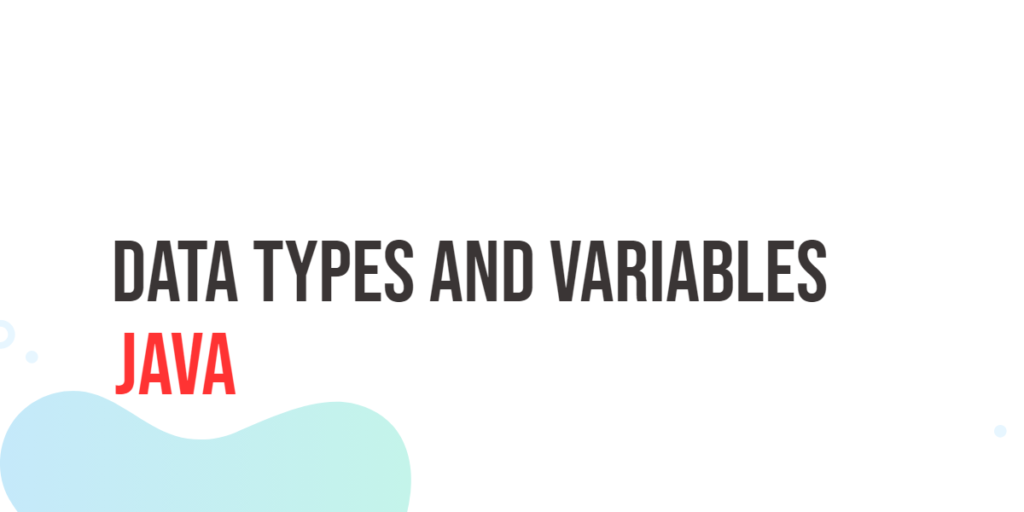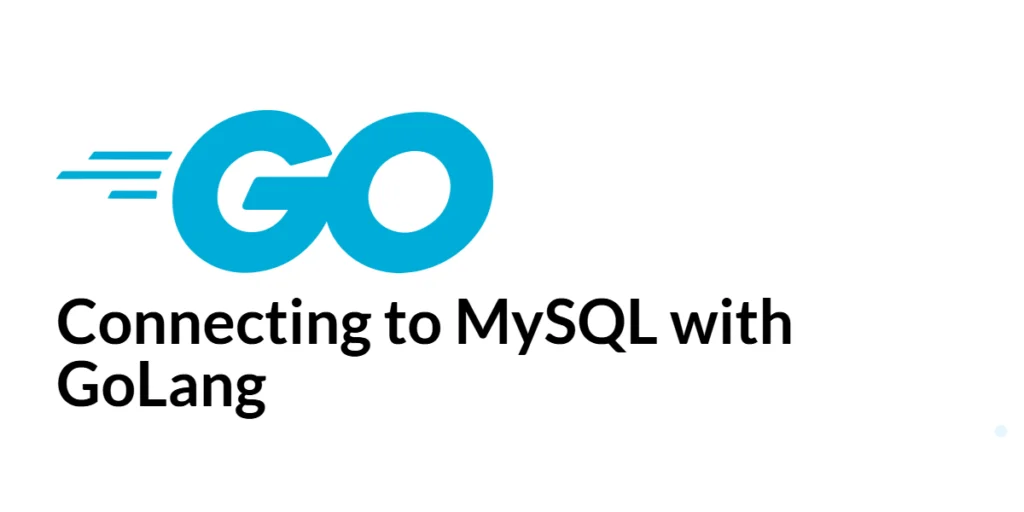Kotlin, a statically typed language developed by JetBrains, offers a robust type system that helps developers write safe and expressive code. Among the core data types in Kotlin are numbers, strings, and booleans. These fundamental types form the building blocks of any Kotlin program, enabling developers to perform arithmetic operations, manipulate text, and handle logical conditions.

with hands-on learning.
get the skills and confidence to land your next move.
Understanding how to work with these basic data types is crucial for anyone starting with Kotlin. This guide will provide a comprehensive overview of numbers, strings, and booleans in Kotlin, complete with examples and explanations to illustrate their usage.
Numbers in Kotlin
Kotlin supports several numeric types, which can be categorized into integer types and floating-point types. Each type is designed to handle different ranges and precisions of numbers.
Integer Types
Kotlin provides four integer types: Byte, Short, Int, and Long. Each type differs in size and range, allowing you to choose the most appropriate type based on the needs of your application.
fun main() {
val byteValue: Byte = 127
val shortValue: Short = 32767
val intValue: Int = 2147483647
val longValue: Long = 9223372036854775807
}In this example, we declare variables of each integer type and assign them their maximum possible values. The Byte type is 8 bits, Short is 16 bits, Int is 32 bits, and Long is 64 bits. Choosing the correct type can help optimize memory usage and improve performance.
Floating-Point Types
For representing decimal numbers, Kotlin provides Float and Double. These types differ in precision, with Double being more precise than Float.
fun main() {
val floatValue: Float = 3.14F
val doubleValue: Double = 3.141592653589793
}Here, floatValue is declared as a Float and doubleValue as a Double. The F suffix is used to indicate that the number is a Float. Double is the default type for floating-point numbers and is recommended for most use cases due to its higher precision.
Type Conversion
Kotlin does not perform implicit type conversions, meaning you must explicitly convert types when necessary.
fun main() {
val intValue: Int = 42
val doubleValue: Double = intValue.toDouble()
println(doubleValue) // Output: 42.0
}In this code, we convert an Int to a Double using the toDouble() function. This explicit conversion ensures type safety and prevents unexpected behavior in your programs.
Strings in Kotlin
Strings are sequences of characters and are a commonly used data type in Kotlin. They can be manipulated using various built-in functions and features.
String Literals
Kotlin supports both escaped strings and raw strings. Escaped strings can include escape sequences, while raw strings are enclosed in triple quotes and can span multiple lines.
fun main() {
val escapedString: String = "Hello, Kotlin!\nWelcome to the world of programming."
val rawString: String = """
Hello, Kotlin!
Welcome to the world of programming.
"""
println(escapedString)
println(rawString)
}In this example, escapedString contains an escape sequence (\n) for a new line, whereas rawString uses triple quotes to span multiple lines without the need for escape sequences.
String Templates
String templates allow embedding variables and expressions within strings, making string concatenation more readable and concise.
fun main() {
val name = "Kotlin"
val greeting = "Hello, $name!"
val complexGreeting = "The length of \"$name\" is ${name.length} characters."
println(greeting) // Output: Hello, Kotlin!
println(complexGreeting) // Output: The length of "Kotlin" is 6 characters.
}Here, we use the $ symbol to embed the name variable directly within the string. For more complex expressions, we use ${} to evaluate and embed the expression within the string.
String Methods
Kotlin provides various methods for manipulating strings, such as substring, upperCase, lowerCase, split, and replace.
import java.util.*
fun main() {
val text = "Kotlin is Awesome!"
val upperText = text.uppercase(Locale.getDefault())
val lowerText = text.lowercase(Locale.getDefault())
val replacedText = text.replace("Awesome", "Great")
println(upperText) // Output: KOTLIN IS AWESOME!
println(lowerText) // Output: kotlin is awesome!
println(replacedText) // Output: Kotlin is Great!
}In this example, we use different string methods to transform the text. upperCase converts the string to uppercase, lowerCase converts it to lowercase, and replace replaces a substring with another substring.
Booleans in Kotlin
Booleans represent true/false values and are essential for controlling the flow of programs through conditional statements and logical operations.
Boolean Operations
Kotlin supports standard boolean operations such as AND (&&), OR (||), and NOT (!).
fun main() {
val isTrue = true
val isFalse = false
val andResult = isTrue && isFalse
val orResult = isTrue || isFalse
val notResult = !isTrue
println(andResult) // Output: false
println(orResult) // Output: true
println(notResult) // Output: false
}In this example, we perform various boolean operations. The && operator returns true only if both operands are true, || returns true if at least one operand is true, and ! negates the boolean value.
Conditional Statements with Booleans
Booleans are commonly used in conditional statements to control the execution flow based on certain conditions.
fun main() {
val age = 18
val isAdult = age >= 18
if (isAdult) {
println("You are an adult.")
} else {
println("You are not an adult.")
}
}Here, we check if the age is greater than or equal to 18 and assign the result to isAdult. The if statement uses isAdult to print the appropriate message.
Conclusion
Understanding Kotlin’s basic data types—numbers, strings, and booleans—is fundamental for writing effective and efficient Kotlin code. Numbers include integer and floating-point types, each with specific use cases and conversion methods. Strings offer versatile ways to manipulate text, including templates and various methods for transformation. Booleans are essential for logical operations and controlling program flow.
By mastering these data types, you can build a strong foundation in Kotlin programming, enabling you to tackle more complex topics and projects with confidence.
Additional Resources
To further your understanding of Kotlin and its data types, consider exploring the following resources:
- Kotlin Documentation: The official documentation for Kotlin. Kotlin Documentation
- Kotlin by JetBrains: Learn Kotlin through official JetBrains resources. Kotlin by JetBrains
- Kotlin for Android Developers: A comprehensive guide to using Kotlin for Android development. Kotlin for Android Developers
- Kotlin Koans: Interactive exercises to learn Kotlin. Kotlin Koans
- KotlinConf Talks: Watch talks from the Kotlin conference. KotlinConf Talks
By leveraging these resources, you can deepen your knowledge of Kotlin and enhance your ability to develop efficient and maintainable applications.







